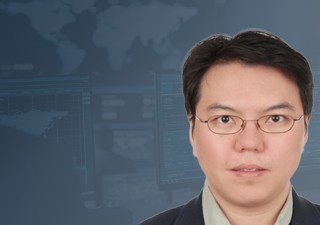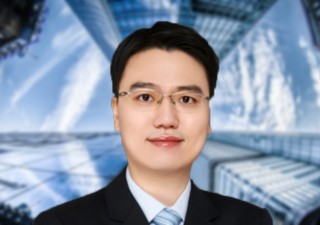Innovative companies in China and Singapore will receive a boost in their regional expansion plans, as the two countries have pledged to leverage on the Sino-Singapore Guangzhou Knowledge City (SSGKC) as an IP reform pilot zone with the establishment of a Tripartite Cooperation Framework. The cooperation arrangement with China is the latest of Singapore’s efforts to strengthen links with the world’s second-largest economy and largest IP filer.
The SSGKC aims to attract high-tech talents and build a sustainable modern city of a knowledge-based economy.
“As the first IP reform pilot zone approved by the Chinese State Council, the SSGKC shows the government’s determination in promoting the industrial upgrade and economic transformation. Although newly initiated, the advantage of the SSGKC in policies, location, market, human resources, etc., certainly makes it a rising area with massive potential to be reckoned with. With various IP facilities gradually built into shape, it can become a new gateway for IP owners to enter into Southern China, Southeast Asia and beyond,” says Jason Yao, a senior partner at Wan Hui Da in Hong Kong.
“The SSGKC does not only bring opportunities to IP service providers and innovative companies from China and other areas. As more institutions and authorities have moved into the SSGKC, including the SIPO Guangdong Patent Examination Cooperation Centre of the Patent Office, the Guangzhou Intellectual Property Court and a Singapore overseas IP office, the procedures for prosecution and litigation will become much more convenient and efficient,” Yao says.
With innovators in China filing record numbers of patent applications, crossing the 1 million mark for the first time in 2015, and Singapore’s internationally-recognized IP capabilities, ranking eighth in the US Chamber of Commerce’s International IP Index 2017, the framework will facilitate the surge of ideas, knowledge and innovation from China to the rest of the world, he says.
Concerns that the framework will lead to the profliferation of bad patents is unfound, Yao says.
“It should not trigger that burst,” Yao says. “Singapore is known for its comprehensive IP system, which has significantly supported its economic growth in the past 20 years. Introducing Singapore’s experience to China can help the SSGKC raise the standard in granting patents, and minimize the side effects such as speculators or blind investment due to the favourable environment and policies.”
For example, Yao says, since 2013, examiners from the two countries engaged in active exchanges to raise the quality of patent filings in accordance of another memorandum of understanding signed by IPOS and SIPO. With further communications between the two, it is foreseeable that patent examination will be more efficient and higher quality.
Besides guiding the development of the SSGKC, the framework also explores new areas of cooperation to support Singaporean and Chinese businesses in the protection, promotion and commercialization of IP along the Belt and Road Initiative.
The new areas of cooperation may include joint study on the best legislation that will balance the interests between IP protection and promotion; joint seminars among judges and enforcement officers to exchange best practices; training sessions for law enforcement officials and cooperation between companies and research institutes, says Yao.







